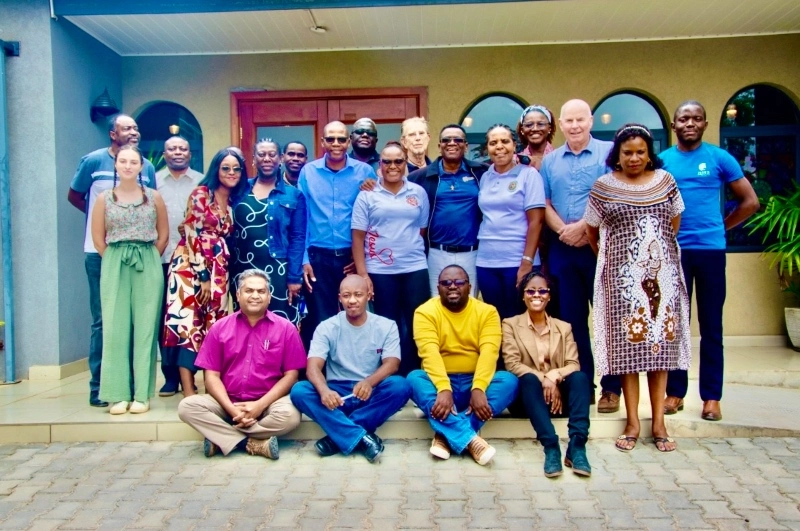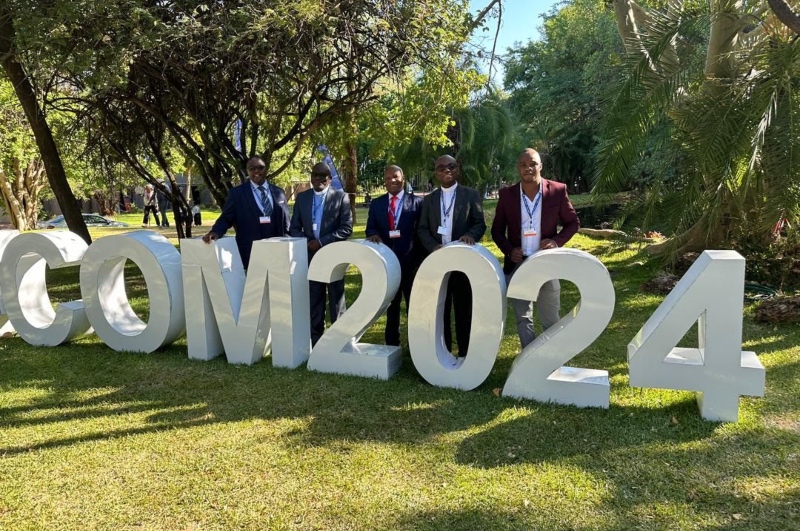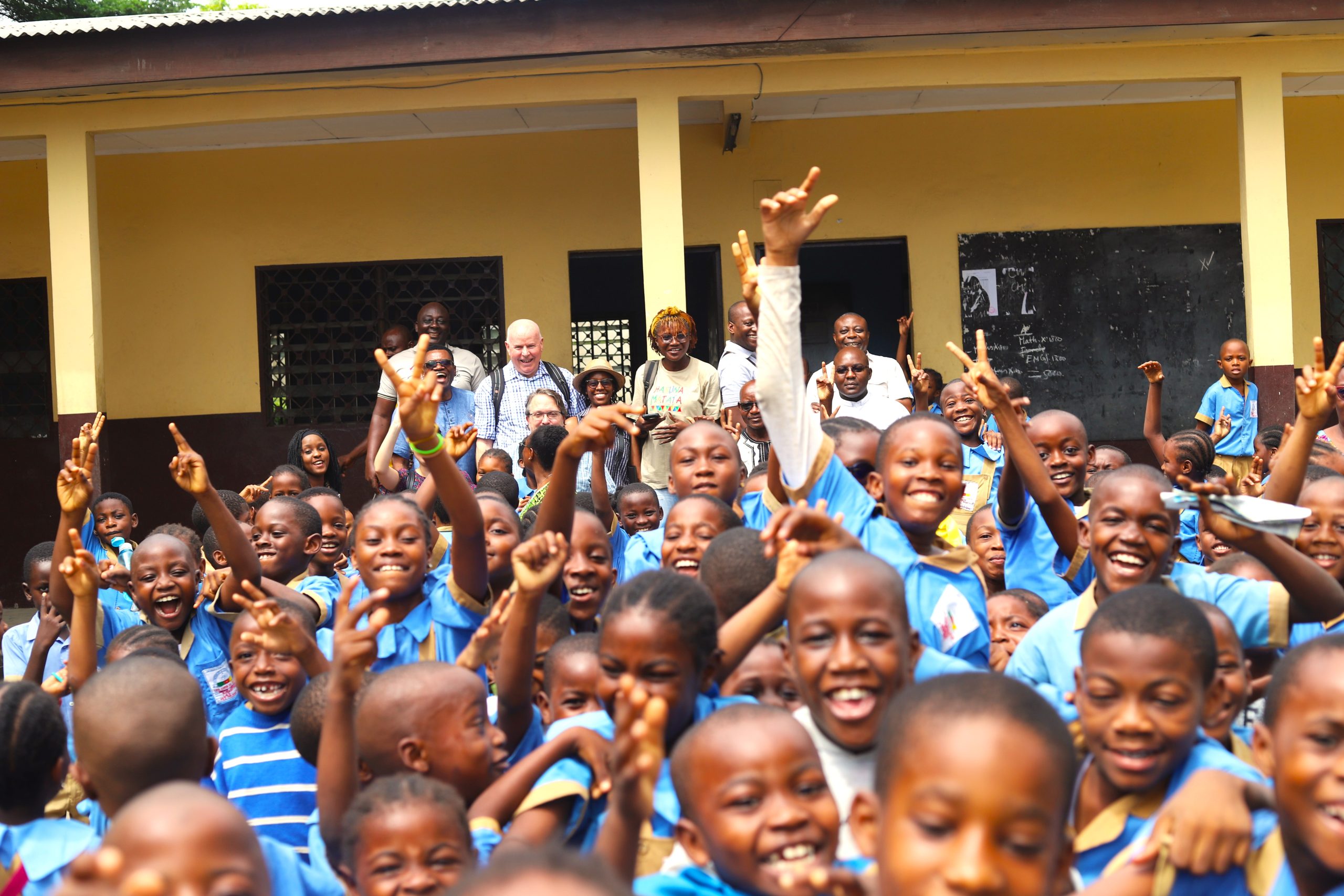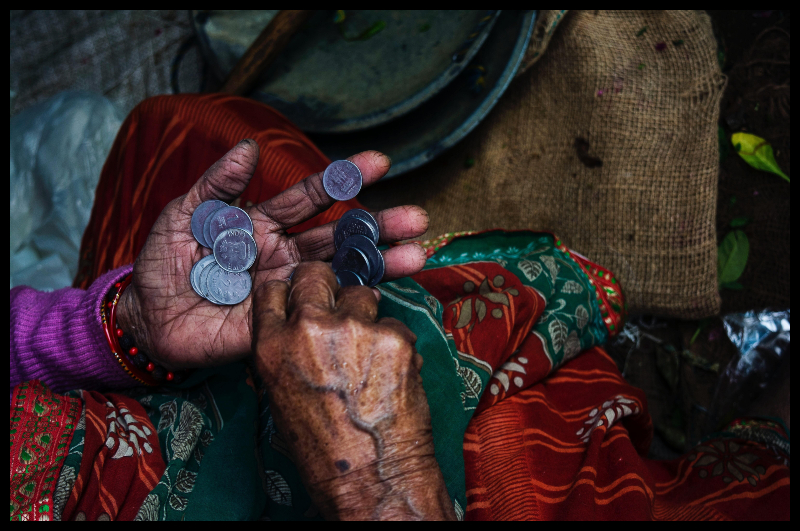

October 14-18, 2024 — The Jesuit Development Officers of Africa and Madagascar (JEDOAM) gathered in Lusaka for their annual meeting, hosted by the Jesuit Southern Africa Province (SAP).
This gathering brought together 28 participants, including Jesuits and lay professionals dedicated to advancing development, communications, and sustainability across Jesuit-led ministries in Africa and Madagascar. Attendees hailed from five Jesuit provinces and one region: West Africa (AOC), Central Africa (ACE), Eastern Africa (AOR), North-West Africa (ANW), Southern Africa (SAP), and the Rwanda-Burundi (RWB) region.
For the first time, since taking office, Fr. José Minaku, SJ, the President of the Jesuit Conference of Africa and Madagascar (JCAM), joined the meeting. In his opening remarks Fr. Minaku emphasized the importance of local philanthropy and resource sustainability, encouraging African Jesuit ministries to cultivate local funding sources as global donor support declines. He urged participants to address "Africa donor fatigue" by fostering local engagement and partnerships within their communities.
The meeting also welcomed contributions from the JCAM Development Office Director, Fr. Paul Christophe Hamill, SJ, and JCAM Communications Officer, Ms. Anastasia Makunu. Together, they have supported this annual forum for six years. This year, JCAM Safeguarding Coordinator Ms. Lucy Monari made a first-time presentation on the importance of safeguarding, underlining its integration into development and communications initiatives.
Listening to the Spirit: Guided Reflection and Key Discussions
Led by Fr. Hamill, the first two days included participant introductions, shared insights into projects, and reflections on challenges and successes across the six Jesuit provinces and one region. The group reflected on Father General Arturo Sosa’s De Statu Societatis Iesu, discussing ways to build networks of relationships with benefactors even amid growing secularization. Fr. Hamill encouraged participants to heed the Spirit’s guidance in their personal and professional lives, aligning with Christ’s mission and embracing the “signs of the times.”
The meeting covered vital topics, such as the role of technology in development, ethical considerations surrounding Artificial Intelligence (AI), and the evolving role of communications, inter-province collaboration, donor fatigue and safeguarding issues. The session on technology highlighted both the potential and challenges of emerging tech in fostering impactful communications, outreach, and social justice initiatives.
A key presentation, titled Navigating the Digital Era: Artificial Intelligence and the Catholic Church, was delivered by Ms. Anastasia Makunu, the JCAM Communications Officer. Drawing on Chapter 11 of the De Statu Societatis Iesu, on epochal changes in the world and the challenges they bring to the mission of the Church by Father General, Arturo Sosa, Ms. Makunu emphasized Pope Francis’ vision for technology that serves humanity and upholds dignity and equality, not one that controls or deepens social divides. Her discussion explored AI’s potential benefits for Jesuit development work, particularly in data processing, productivity, and strategic outreach.
AI tools, Ms. Makunu explained, could help Jesuit offices streamline processes by automating repetitive tasks, enhancing communications, and facilitating predictive analyses. These technologies hold promise for making informed decisions on fundraising goals, communications strategies, and outreach, as well as engaging and leveraging on "Jesuit digital natives" effectively. For instance, AI-powered algorithms could assess and analyze trends to support focused, sustainable fundraising and advocacy campaigns. In these ways, Jesuit leaders could leverage AI to build stronger relationships with benefactors, enhancing their overall mission impact.
The session also addressed ethical concerns tied to AI, such as potential effects on human dignity, privacy, and empathy. Participants voiced questions like, “Are there ethical guidelines from the Society of Jesus on AI usage?” and “How far is too far?” emphasizing the need for balanced and responsible tech adoption. Attendees agreed that as AI poses risks, cybersecurity measures and data privacy protections are crucial to safeguarding the organization’s information and reputation.
While acknowledging these risks, the group found that a mindful and ethical approach to AI could help the Jesuit mission harness the transformative power of technology while honoring its foundational values. They underscored that technology, when used responsibly, can indeed serve as a powerful force for good in society.
Ms. Lucy Monari’s session on safeguarding underscored the need for adaptable, culturally relevant policies that ensure vulnerable groups are protected and Jesuit ministries create safe environments. She noted the importance of ongoing training to uphold safeguarding practices and protect the dignity of those served by Jesuit ministries.
Overcoming Challenges and Strengthening Collaboration
Participants addressed challenges related to fundraising, emphasizing the importance of fostering a culture of giving within their local communities. Fr. Jean-Baptiste Ganza, Assistant to the General Treasurer at the General Curia in Rome, advocated for grant-seeking and relationship-building with donors, highlighting the distinct roles of development officers and treasurers. He underscored the importance of transparent reporting and effective engagement with benefactors to advance Jesuit missions.
Despite these challenges, JEDOAM participants recognized that cross-provincial collaboration could bolster their efforts. Representatives discussed creating opportunities for Jesuits and lay collaborators to work across provinces, sharing resources, skills, and experiences. They highlighted the need to involve trained personnel in fundraising and project management to strengthen project sustainability.
Action Steps for the Future
As the gathering concluded, attendees outlined concrete steps for moving forward. They emphasized the need for ongoing training in effective communication, safeguarding, and technology use. They proposed structured action plans to build on JEDOAM’s achievements and ensure accountability. The group expressed gratitude for the support from JCAM, Father General, and Major Superiors in fostering a collaborative environment.
Local Immersions and Cultural Exchange
The gathering included visits to Lusaka’s St. Ignatius School College, where participants observed the school’s work in providing inclusive education and witnessed its infrastructural challenges due to increasing enrollment. A visit to the Zeela Art Gallery offered a chance to appreciate African artwork that is displayed in their gallery, and to also offer gratitude for their artwork of African themed sculptures housed in Africama House Chapel at the JCAM headquarters in Nairobi.
 In photo: JEDOAM Delegates with Charity Selasini (front row, seated, fourth from left), and her husband Bedah Salasini (front row, seated, fifth from left) - co-founders of Zeela Art Gallery.
In photo: JEDOAM Delegates with Charity Selasini (front row, seated, fourth from left), and her husband Bedah Salasini (front row, seated, fifth from left) - co-founders of Zeela Art Gallery.
In reflecting on the gathering, participants expressed their deep commitment to advancing Jesuit missions across Africa and Madagascar. They noted that while significant work lies ahead, collaborative and innovative approaches to development will help address pressing needs and ensure that Jesuit ministries thrive for years to come.
Related Articles






Select Payment Method
Pay by bank transfer
If you wish to make a donation by direct bank transfer please contact Fr Paul Hamill SJ treasurer@jesuits.africa. Fr Paul will get in touch with you about the best method of transfer for you and share account details with you. Donations can be one-off gifts or of any frequency; for example, you might wish to become a regular monthly donor of small amounts; that sort of reliable income can allow for very welcome forward planning in the development of the Society’s works in Africa and Madagascar.
Often it is easier to send a donation to an office within your own country and Fr Paul can advise on how that might be done. In some countries this kind of giving can also be recognised for tax relief and the necessary receipts will be issued.




